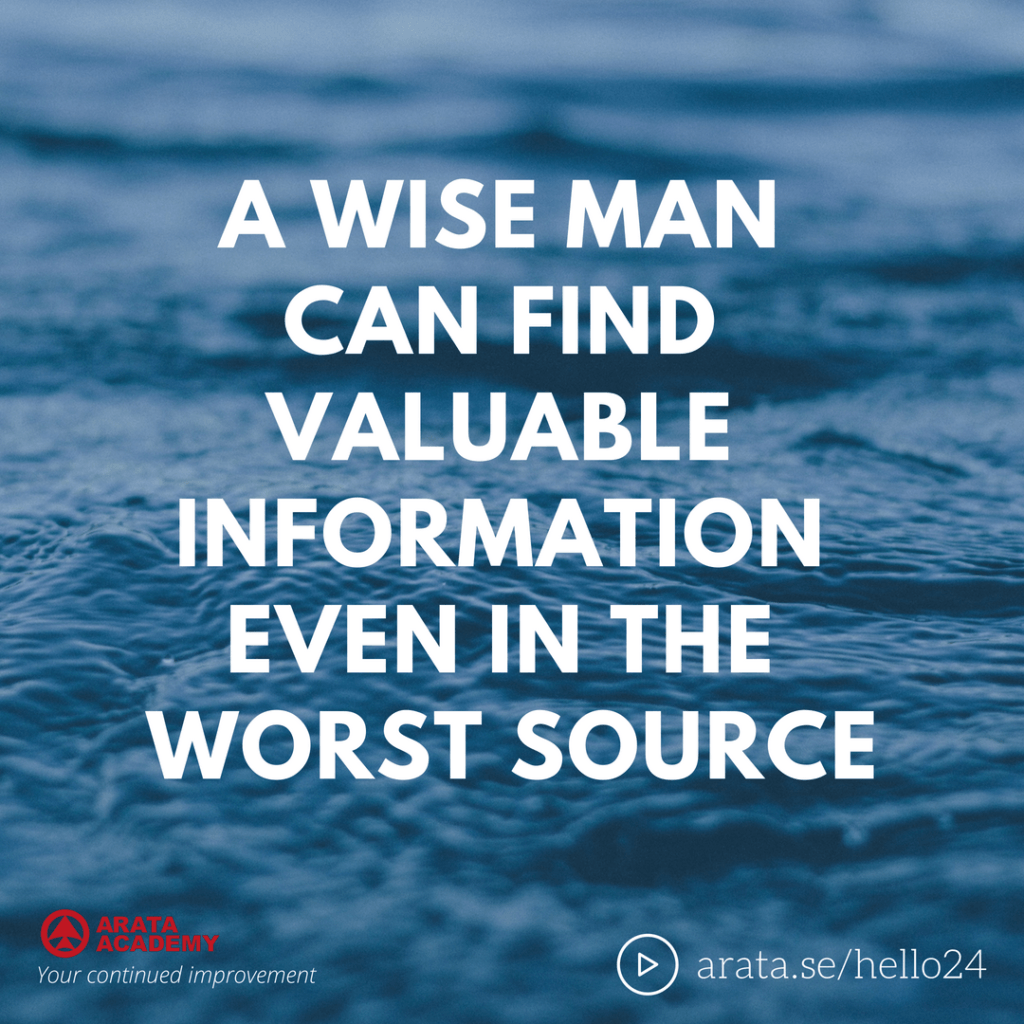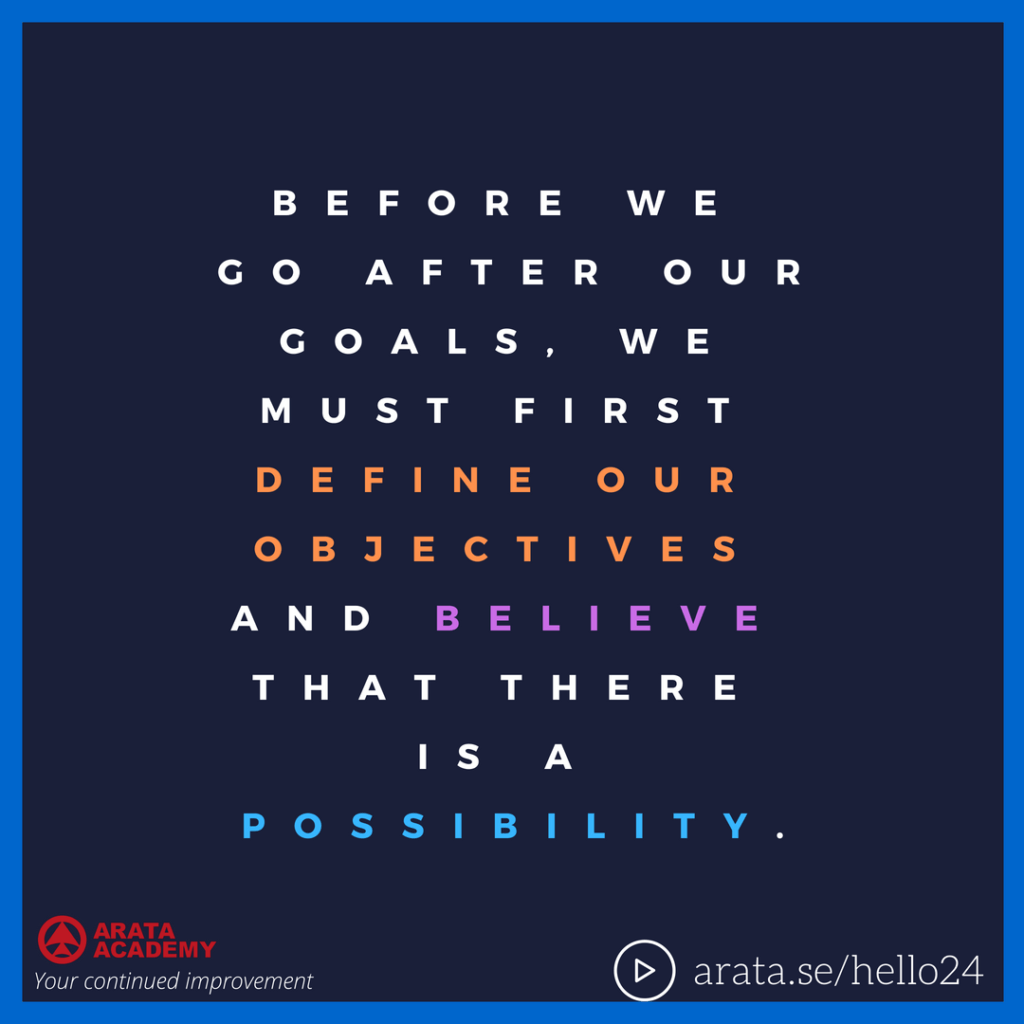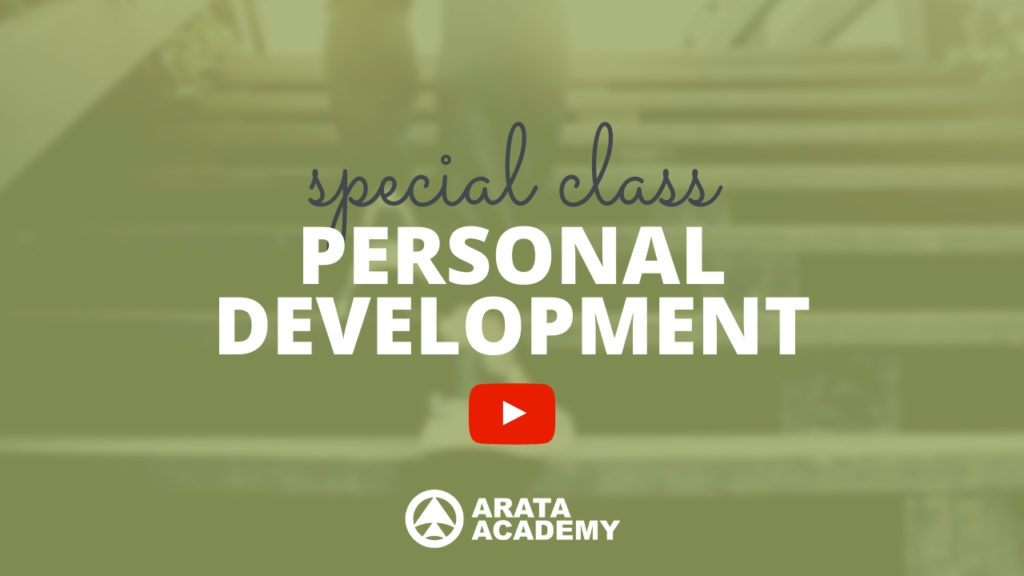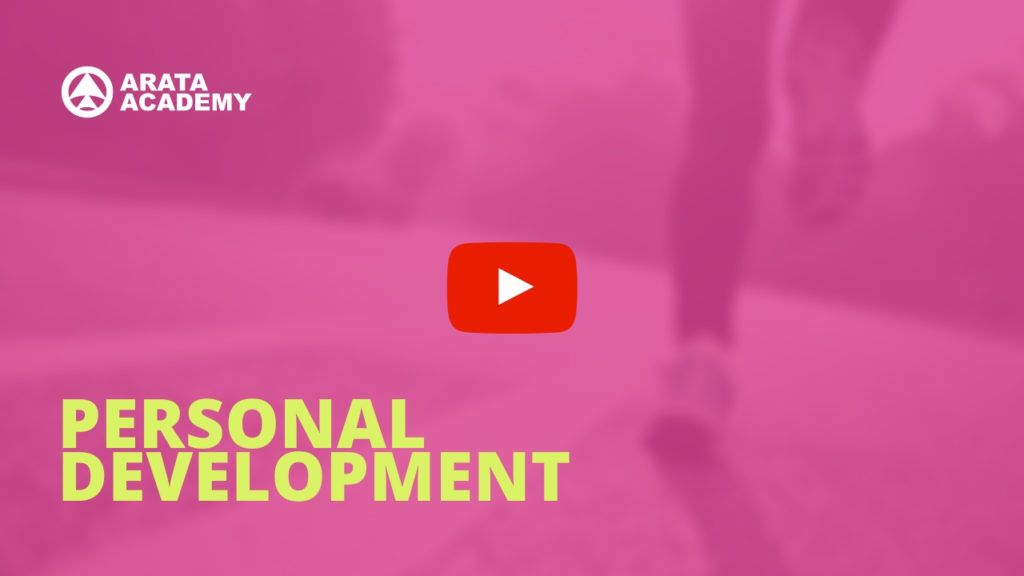Hello! Seiiti Arata. Continuing the conversation from the previous video, now we’ll see how self-help books can actually self-harm. And how to reverse the risk by having a different way of doing the reading.
1. Correlation and causation
It is easy to criticize the self-help books. There are people who take an intellectual air and say they can’t stand manuals for how to be happy and use positive thoughts. Some people prefer to “learn from those who went and did” so they go after biographies or books that tell the story of successful companies. But there is something in common both in the popular literature of self-help books and biographies. It is the survivorship bias.
Survivorship bias is a selection bias, a false perception. Both self-help books and biographies are full of reports of enormous difficulties that have been overcome. In the end it all worked out and shows little rules to follow in order to move towards happiness.

What about all the cases of those who followed the exact rules and still failed? The people who went bankrupt? The people who overcame a depression or a great difficulty? We don’t know these stories simply because they usually don’t write books about it.
When we find self-help books (or biographies or case studies, as you prefer), and identify the habits of those who have success, we may be facing a correlation. It does not necessarily mean that everyone who follows the recommended steps will always have a positive outcome.
2. Opposite effect
In the previous video about positive thinking (LINK arata.se/hello13 ) we saw that there are some important limits to be observed in order to maintain clarity of thought. What we want to avoid is precisely the opposite effect of staring in the mirror while repeating affirmations in a high-type voice “I will succeed! I will succeed!” Deep down our consciousness a critical voice replying with “What nonsense!”
This critical voice automatically rejects the positive statements when there is no consistency with the image we have of ourselves, or our deepest beliefs. We seek to be consistent. Just repeating motivational phrases aloud will not serve to bring a consistent change. You can even damage your self-esteem because there will be an internal conflict that seeks to strengthen the existing picture of who we are and attack these motivational phrases. There are even published studies showing that this kind of positive affirmation may cause the opposite effect.
3. Low quality of scientific rigor
Another criticism is that many of the popular self-help books are not written with a scientific rigor based on evidence. Anecdotes are difficult to prove, such as those stories of what happened to a friend of the author when he was young.
These narratives can either be invented or even when true, exaggerated. In situations where it is absolutely true, again we have the selection bias: only the stories that confirm the author’s ideas are selected to appear in the book. Countless cases where the theory has no support simply do not appear.

Let me give an example, you might know: the Life Goals experiment at Yale University. Legend says (which is repeated several times in dozens of books, including bestsellers by authors well recognized in the market) that in 1953 the graduate students at Yale University were interviewed to find out if they were clear about their life goals. Only 3% of students had this clarity. Two decades later, when students were contacted, it was found that 3% of the group who had clear written goals had accumulated more financial wealth than the rest of the 97% students together.
This experiment was used as proof that it is important to have well-defined objectives.
I’m not here to question the importance of REASONING. Yes, developing a list of goals and strategies to achieve these goals is certainly a great exercise of reasoning. However, the story is false. The experiment of Yale has never existed.
When we read, it is important to always have a filter on the scientific rigor of what is written. Active reading is when you are trying to find what is useful, discard what is not useful, and also find the hooks that stimulate the search for more information from other sources.
Active reading is essential for all material, and self help books are no exception. We can open a book such as The Secret and hold a simplistic reading, imagining that if you close your eyes and wait for the Universe to manifest a new car in front of our garage, it will come. The Law of Attraction interpreted like that is not very useful to stimulate our behavior change. Or we can interpret the ideas of the book in order to understand that before we begin the process of going after our goals we must first define these objectives and believe that there is a possibility.
Despite all the criticism, it is worth mentioning that a wise man can find valuable information even in the worst source. A foolish man cannot extract any useful information even in the best sources.

